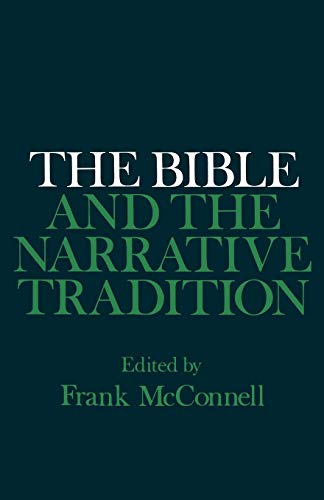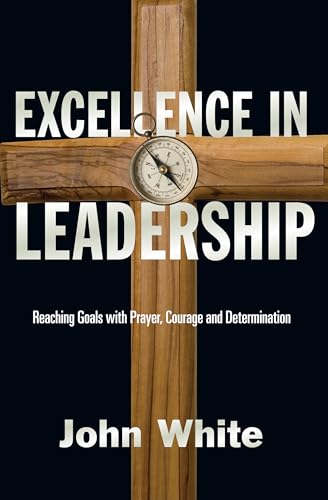Moltmann: Messianic Theology in the Making
Written by Richard Bauckham Reviewed By L. H. OsbornIn recent years Moltmann has emerged as probably the most widely read German theologian in the Anglo-Saxon world. However, until the publication of this book there was no easily accessible introduction to his work. This omission may be due in part to the strong reactions which his writings engender in his readers. One gets the impression that Moltmann’s fall naturally into two classes: enthusiasts and the antipathetic. In such a situation the balance necessary for a good introduction is hard to come by.
For the purposes of this introduction, Dr Bauckham has restricted his attention to that part of Moltmann’s career delimited by Theology of Hope (1964), The Crucified God (1972), and The Church in the Power of the Spirit (1975). This has the dual advantage of reducing the work to manageable proportions, and creating a natural framework on which to hang his study. Thus there are chapters on each of the volumes of Moltmann’s trilogy. An introductory chapter on the origins and context of the theology of hope, and one which traces the development of Moltmann’s trinitarian thinking through this period, complete the introduction.
The introductory chapter shows very briefly how Moltmann’s interest in eschatology and mission can be traced back to his days as a student in Göttingen. Bauckham then turns to his dialogue with Ernst Bloch: he draws out a number of parallels between the theology of hope and the work of Bloch to show how Moltmann has been able to use categories from the Marxist philosopher to articulate his own approach to Christian eschatology. However he is at pains to point out that this was no uncritical assimilation of Marxist thought: Bloch’s philosophy was an apt vehicle for expressing the revolutionary potential of the gospel and no more.
Having thus set the scene, chapter 2 deals with Theology of Hope itself. Each of the chapters dealing with the elements of the trilogy follows the same pattern: an examination of the structure and method of the work is followed by a more detailed examination of its major themes. In the case of Theology of Hope Bauckham singles out for closer examination Moltmann’s understanding of revelation as promise, his insistence on the reality and significance of the resurrection, and his suggestion that history be understood as mission. Chapter 2 concludes with brief sections which trace Moltmann’s development in the years immediately following the publication of Theology of Hope.
The longest chapter in the book is understandably devoted to Moltmann’s most influential work, The Crucified God. In discussing its methodology, Bauckham points out the way in which Moltmann’s greater stress on the cross has radicalized rather than changed his earlier approach. He suggests that this theology of the cross may be regarded as a Christian parallel to the Frankfurt School’s critical theory. Bauckham develops this suggestion as he examines in turn the dialectic of the cross; the iconoclasm of the cross; Moltmann’s response to protest atheism; and the problem of suffering.
Chapter 4, ‘The Trinitarian History of God’, of necessity follows quite a different pattern from its neighbours. It takes the form of a synoptic view of the developments in Moltmann’s concept of God between 1964 and 1979. While not straying beyond the self-imposed limits of Bauckham’s task, this chapter does provide a useful background for examining Moltmann’s more recent work on the doctrine of the Trinity.
The final chapter is a useful exposition of Moltmann’s ecclesiology—an aspect of his work which has been somewhat overshadowed by the debates surrounding the earlier volumes of the trilogy.
Although Bauckham numbers himself amongst the enthusiasts for Moltmann he has achieved a very fair account of this period in Moltmann’s career. It is primarily concerned to present an overview rather than a critique of Moltmann’s work, but Bauckham does not shrink from reporting and commenting on some of the more serious criticisms. As an overview, and a lucidly written one at that, it will prove indispensable for students who are grappling with Moltmann’s thought for the first time. But I believe it will also be of value to people who are already familiar with Moltmann’s theology as an aid to achieving an overall picture of his work free from the false emphases of particular enthusiasms and criticisms. Indeed it appears that even those whose knowledge of Moltmann’s work is most intimate can benefit: let Moltmann himself have the last word:
there are also mirrors in which one recognizes oneself better than one had known oneself before. From these mirrors one learns something new about oneself and one’s theological career, and one is glad of this revelation of the hidden motives and methods in one’s thought. Richard Bauckham’s work has been this kind of mirror for me (p. vii).
L. H. Osborn
London







